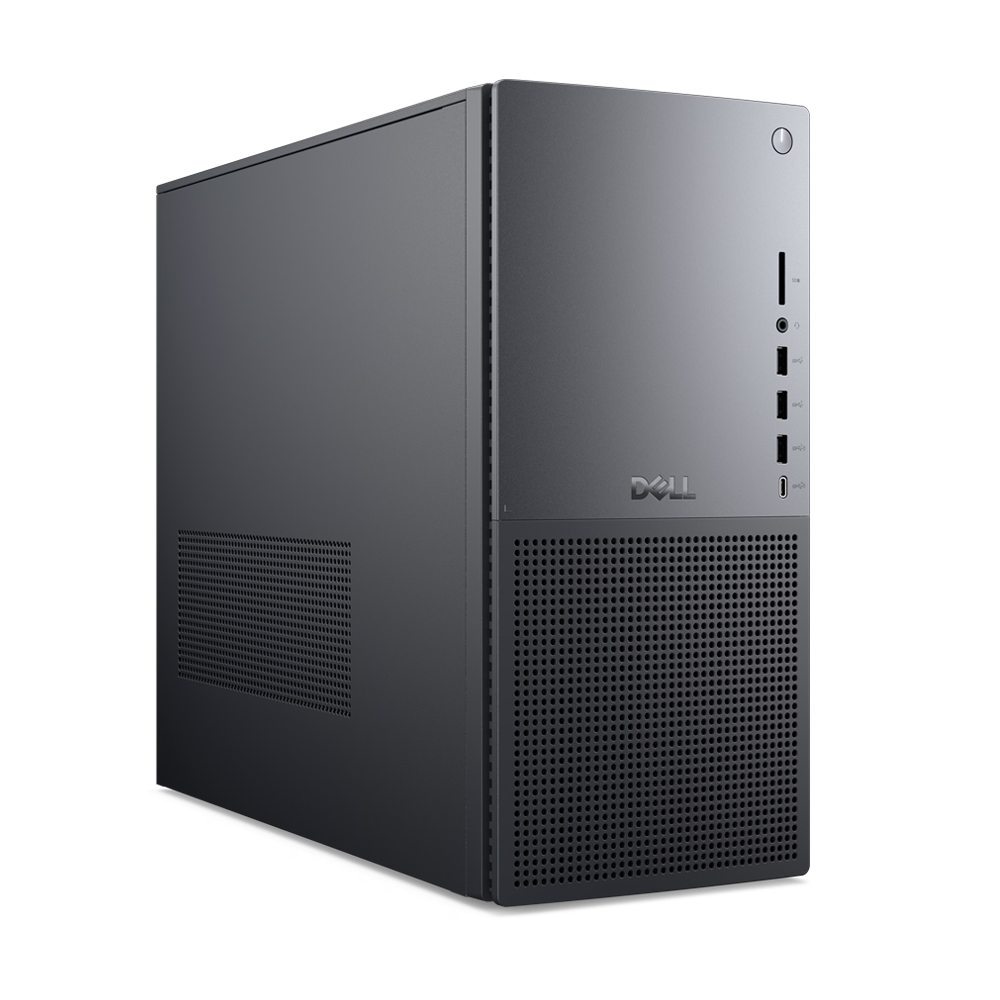Is Windows 11 fighting a losing battle? Dell underlines how unpopular the OS is after support ended compared to Windows 10
Dell's PC sales are up, but migration to Windows 11 definitely isn't

Sign up for breaking news, reviews, opinion, top tech deals, and more.
You are now subscribed
Your newsletter sign-up was successful
- Dell's COO dropped some interesting info in an earnings call
- Jeffrey Clarke noted that Windows 11 is lagging considerably behind Windows 10 for migration after the end of support deadline
- Windows 11 is off the pace by some 10% to 12%, but that isn't surprising for a couple of reasons
Dell has made it clear that Windows 11 isn't faring nearly as well as Windows 10 did when it comes to people migrating away from these respective Microsoft operating systems after their end of support deadlines.
The Register reports that Dell's Chief Operating Officer (COO), Jeffrey Clarke, commented on the lackluster progress of Windows 11 in this respect during an earnings call earlier this week.
Clarke said: "We have not completed the Windows 11 transition. In fact, if you were to look at it relative to the previous OS end of support, we are 10-12 points behind at that point with Windows 11 than we were the previous generation."
That's a fancy way of saying that compared to Windows 10 when Windows 7 went out of support – we can presumably discount Windows 8 as part of the transition to Windows 10, seeing as it never gathered much of a userbase in the first place – Windows 11 is a good distance behind following the cessation of support for Windows 10 itself (last month). In fact, Windows 11 is about 10% to 12% behind the migration levels seen to Windows 10.
Obviously there could be a number of reasons for that lack of progress relative to Windows 10, but the main stumbling block is that Windows 11 rules out a lot of older PCs with its more demanding system requirements (a topic that's been a source of frustration and controversy for some time now).
As Clarke pointed out, some 500 million PCs can’t run Windows 11, and while some of them might be upgraded to do so (with a new CPU, or a TPM module), the majority very likely won't (and in the case of laptops, it's likely impossible to upgrade anyway).
Dell's had a robust year for PC sales thus far in 2025 – as of Q3, sales were up 'mid-to-high single digits' we're told, so around 7-8% presumably – but Clarke notes that next year is going to be different.
Sign up for breaking news, reviews, opinion, top tech deals, and more.
The PC maker is forecasting that sales will be flat in 2026, while couching that as 'flourishing' – and while that may not make a lot of sense as a choice of word, the COO is viewing this through the lens of memory price hikes and related difficulties with the cost of components. (RAM and SSDs mainly, and also to some extent standalone GPUs which have video RAM).
As we've seen clearly over the past month, these supply woes and price increases are pushing up costs for PC makers currently – the rise in RAM pricing is extreme to say the least – and so it's inevitable that computers are becoming more expensive. Therefore, simply maintaining sales levels in 2026 is seen as a win, with extra incentives like the long-anticipated rise of AI PCs (Copilot+ laptops) not being enough to fight off the various component headwinds.
Obviously a slower migration to Windows 11 PCs doesn't help sales either, as folks stick with their Windows 10 machines, or perhaps choose another path entirely (like Linux, or indeed macOS).
Analysis: Some alarms but no surprises

In short, while Dell's sales figures are currently good, Windows 11 adoption isn't, and it's lagging considerably behind Windows 10 at the same stage of its post-support timeline going by Dell's stats.
That really isn't good news for Windows 11 – but it also isn't surprising. Why not? Firstly, because Windows 11's general lack of popularity – whether that's about people being prevented from upgrading because of the leap in the required hardware spec, or just that folks don't like it much – is nothing new. Windows 11 has been well off the pace of Windows 10 for relative adoption levels through its entire lifespan.
And secondly, Microsoft did something very different with Windows 10 when its End of Life rolled around last month, at least in the consumer sphere. Namely for the first time ever, extended support was offered to consumers for (more or less) free (there's a catch attached, but it's not a big deal in my opinion, and it isn't financial). With a free year of extra support available, this means Windows 10 users can get security updates through to October 2026.
And in turn that means any worries they might have about what to do with their Windows 10 computer that isn't compatible with Windows 11 can be put off to next year. In short, they've got another year to think about either buying a new Windows 11 PC to replace their existing system, or upgrading their current computer, perhaps, to support Windows 11 (or abandoning Microsoft's ecosystem entirely).
This surely must be a factor in Dell's observed migratory lag here, and given that, it may be the case that the pace of the transition to Windows 11 remains slow until October 2026 – which maybe factors into Dell's PC sales predictions for next year, too.
In theory, then, a bigger spike in migration might be witnessed this time next year. In practice, well, we shall see, and some of how this pans out may be wrapped up in how well Microsoft can push forward with its big drive with AI in Windows 11 – a direction which has proven to be quite controversial with the existing userbase of the OS.

➡️ Read our full guide to the best computers
1. Best Windows:
Dell Tower Plus
2. Best Mac:
Apple Mac mini M4
3. Best Mac AIO:
Apple iMac 24-inch (M4)
Follow TechRadar on Google News and add us as a preferred source to get our expert news, reviews, and opinion in your feeds. Make sure to click the Follow button!
And of course you can also follow TechRadar on TikTok for news, reviews, unboxings in video form, and get regular updates from us on WhatsApp too.
Darren is a freelancer writing news and features for TechRadar (and occasionally T3) across a broad range of computing topics including CPUs, GPUs, various other hardware, VPNs, antivirus and more. He has written about tech for the best part of three decades, and writes books in his spare time (his debut novel - 'I Know What You Did Last Supper' - was published by Hachette UK in 2013).
You must confirm your public display name before commenting
Please logout and then login again, you will then be prompted to enter your display name.